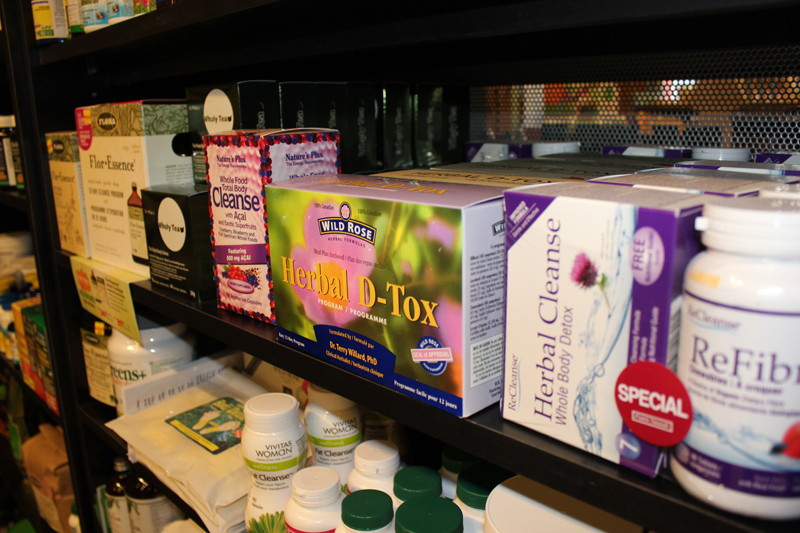The truth behind detoxification
How ambiguous semantics cause scientific and consumer confusion
The rising popularity of a wide range of detoxification products is somewhat reflective of the ambiguous definition of the word toxin, critics say.
Robert Hagan of the Voice of Young Science Network, a U.K. organization dedicated to debunking false scientific claims, regards many detoxification products with disdain.
“Detox over here is a huge industry of absolute rubbish,” he said. “You get things from detox drinks to detox body brushes and detox hair combs.”
In 2009, Hagan completed work on the Detox Dossier, a research project meant to debunk claims made by several detoxification products. During this research, Hagan found different companies expressed widely different definitions of the term toxin.
“Every company will tell you something different about what toxins are,” he said. “They may say they are bacteria and some say they will make you fat.”
This phenomenon may be due to the word’s open-ended nature. Hagan notes a wide array of substances may be considered toxins.
“Any chemical at all can be toxic in large enough quantities, even water if you drink enough,” he said. “A poisonous substance produced by a living cell or organism is the correct definition of a toxin.”
The term detoxification does have scientific uses, he adds.
“ Any chemical at all can be toxic in large enough quantities, even water if you drink enough.
Robert Hagan, Voice of Young Science Network
“Detoxification in scientific terms is either a program in a drug treatment clinic or when the liver removes harmful substance from the body,” he said. “Most school children can tell you that once you absorb something harmful, it comes out via urination, sweating or sometimes through your lungs as well.”
Shauna Oswald, a certified natural health products advisor from the Canadian Health Food Association, also believes the term toxin can be vague.
“It is a very vague term but the idea behind it is that you are removing harmful substances from your body,” she said.
According to Oswald, there are several different types of toxin-cleansing products and programs directed at several different organs.
“There are seven channels you can cleanse: liver, heart, lungs, kidneys, skin, lymphatic system and colon,” she said.
Each type of detoxification cleanse is unique. Liver cleansers are designed to help correct problems associated with the liver while colon cleanses are designed to promote regular bowel movements and digestive health.
Though Oswald agrees the liver is designed to remove all harmful toxins from the body, she contends that sometimes it needs a little help.
“On one hand, livers are designed for a clear purpose, but modern humans are overloaded with pesticides, prescription drugs and toxins,” she said. “So what happens to people who are unhealthy or have damaged livers?”
Published in Volume 66, Number 9 of The Uniter (October 26, 2011)








